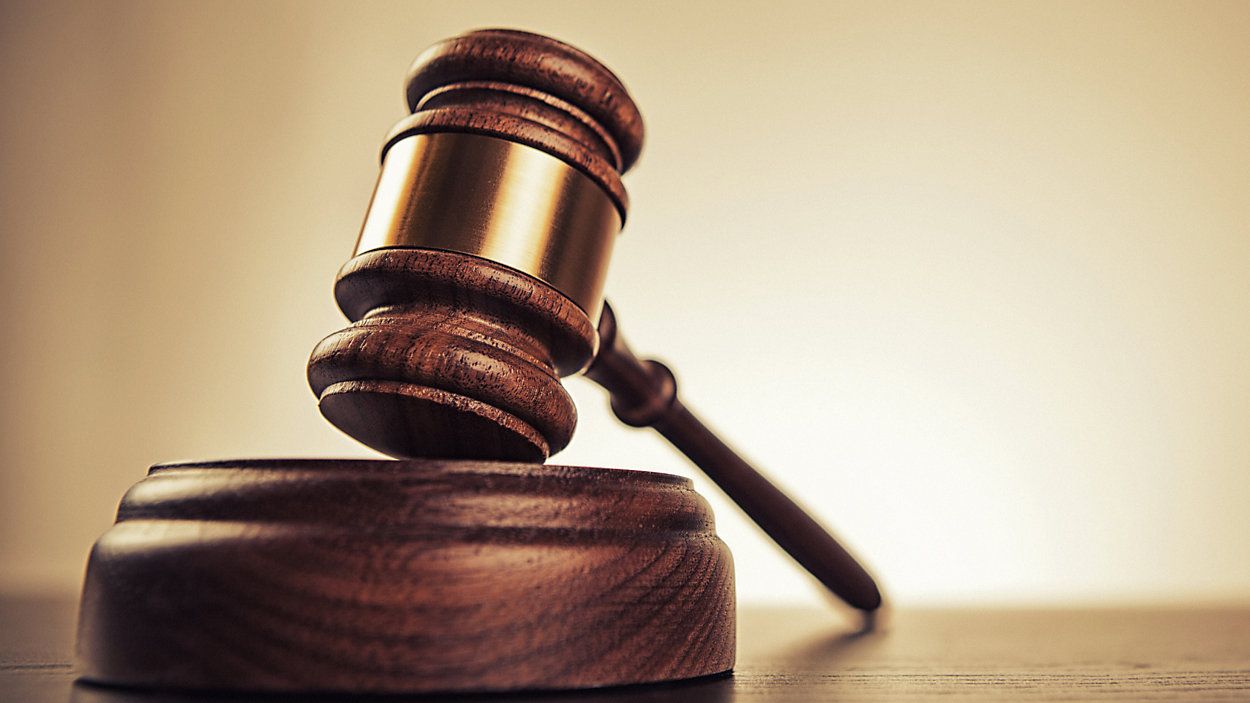For the third time in the last four years, New York's law for when cash bail is required in criminal cases is set to change, an amendment driven by ongoing concerns over crime and public safety registered by voters, but opposed by the progressive supporters of a 2019 law.
An agreement in the tentative state budget deal announced Thursday by Gov. Kathy Hochul will end the so-called "least restrictive" restrictive standard when bail is being considered by judges in serious criminal cases and give them more discretion when considering bail.
The provision once again opens up the 2019 measure that was meant to end cash bail requirements for many criminal charges, a law supporters intended to address inequities in the criminal justice system and prevent low-income people from languishing in jail while their case is adjudicated.
Last year, Hochul was able to secure changes that expanded circumstances in which bail could be required. And this year, Hochul won still more alterations to add discretion for judges — a change top Democratic lawmakers in the state Senate and Assembly initially opposed.
"I support the core of its true premise, that no one, regardless of money, should be incarcerated because they don't have enough," Hochul said on Thuesday. "But I do believe that judges should have more authority to set bail and detain dangerous defendants. Data shows that recent decreases in recidivism for the low-level offenses — that's positive — but increases in recidivism for a defendant's charge with serious crimes. That's why it was very clear that changes need to be made."
But there is skepticism over the deal. Republicans who have criticized the original 2019 law want to review the details of what's being changed and are yet to see specifics of what will be included in the final budget.
Progressives, meanwhile, are sharply criticizing the agreement, charging that Hochul is presiding over a rolling back of the 2019 law that was part of a suite of criminal justice provisions.
Hochul was not able to secure every change to the criminal justice laws, with provisions addressing the state's discovery law requiring a faster time table for prosecutors to turn evidence over to defense counsel falling off the table at the end amid opposition from Democratic state lawmakers.
The initial seeds for this year's iteration of "bail reform" were planted last year, when Hochul won a full term last year and after her Republican opponent Lee Zeldin campaigned heavily on the public safety issues and against the bail law in particular.
Democratic lawmakers who agreed to an expansion of when bail could be considered in last year's budget, meanwhile, were miffed Hochul rarely mentioning the changes while on the campaign trail.
This year, Hochul focused heavily on the bail law changes along with her housing policy that was ultimately jettisoned from the talks as the budget negotiations dragged on past the April 1 deadline.
The final product was knocked by supporters, with the New York Civil Liberties Union calling it "anti-democratic."
“We must break the cycle of retreating from what is right and reversing landmark civil rights progress year after year," New York Civil Liberties Union Policy Counsel Jared Trujillo. "Lawmakers must protect criminal legal system reforms, listen to communities impacted by mass incarceration, and invest in initiatives and supports that prevent violence from happening in the first place. Access to housing, employment assistance, expanded mental health care and treatment resources, and violence interruption programs are the answer: ensnaring more New Yorkers in our criminal legal system is not.”
State Assemblywoman Latrice Walker, one of the main architects of the initial 2019 law, also decried the changes. Walker has said all of the measures approved in 2019 — bail, discovery and speedy trial provisions — were all of a piece and cannot be tinkered with any further.
“It’s jaw-dropping to hear our Democratic governor openly admit that tabloid headlines are driving her criminal justice policies," Walker said. "Thirty-six people have died in New York City jails since the beginning of 2021 and countless others have been traumatized, destabilized, and put through hell without a trial or conviction. These are real people and families in my district, and in other communities across the state that have endured decades of disinvestment."
But Republican lawmakers, who have blamed the law on a rise in crime that has coincided with the societal disruptions of the pandemic, have pushed to go further.
"There's been talk that the compromise is a violent crime," said Republican Assemblyman Ed Ra. "What exactly does that mean? We have a legal definition of a violent felony in New York, but as we learned early with bail reform, there are a lot of things people consider violent, but aren't legally classfied a violent crime. So I think the details will matter in how this all comes out."


